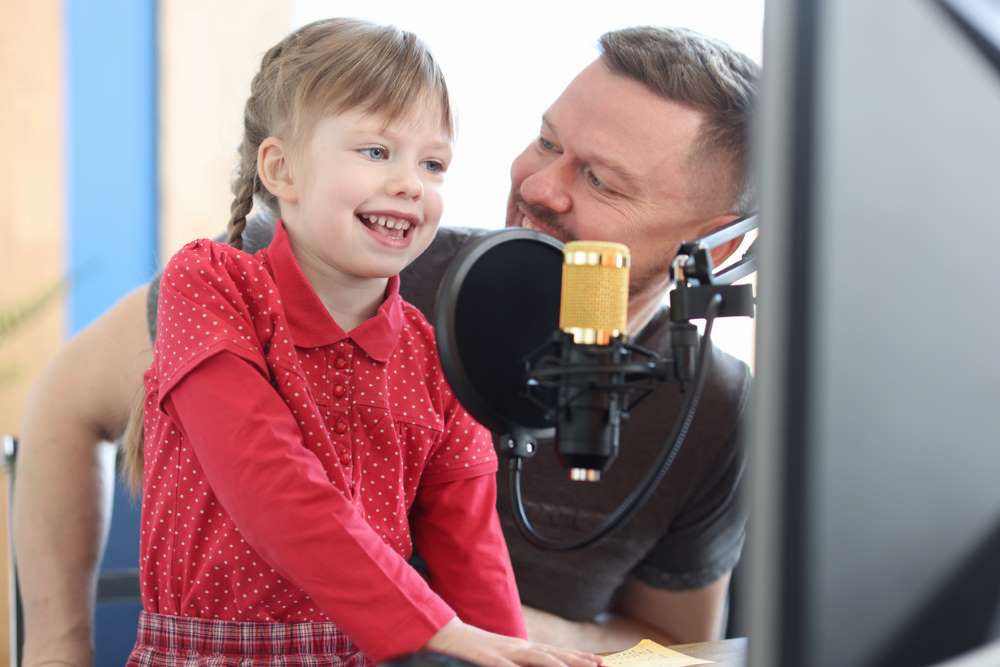
When you notice that your child has speech issues, it’s best to ask for help from experts. You can consider speech therapy for children. They’re still capable of improving if given a chance. If you already scheduled a speech therapy session, you should prepare your child. These tips can help.
Condition your child
Not all children will feel comfortable being around strangers. They might even cry because they don’t want to undergo the session. However, it helps if you condition your child about what will happen. Explain what happens during the session. Show some videos. Make sure it looks fun and exciting. Remove the threatening atmosphere. Eventually, your child will feel comfortable about it, and won’t dread therapy sessions in the future.
Practice at home
You don’t have to wait for the speech therapy session before improving the speech problem. You can do it at home. You may even ask for help from the therapist. Some exercises are perfect for children with speech issues, and parents can help out. When you keep doing these activities, speech therapy won’t be too scary for the children anymore.
Don’t set high standards
Stop telling your child what to learn or what you expect out of the session. You might even want to discuss how much you’re spending for each session. This strategy isn’t helping at all. You will only make your child feel pressured to do well. It won’t lead to long-term learning.
Prepare yourself too
While it helps to prepare your child for the process, you must also prepare yourself. You might end up participating even if you shouldn’t. You can be in the room but allow your child to learn with the therapist. If it’s necessary to leave the area, you should do it. You must make your child feel good about the practice.
Another way to prepare yourself is by asking questions. Write all your questions, and don’t forget to consult with the therapist. If you notice progress or problems at home, let the therapist know about them too. You’re a team, and you help each other bring out the best in your child.
Create a reward system
Giving a reward after each session might also help. Your child will start associating the therapy with the prize. The reward system itself might not be too favorable for them, but they will have something to look forward to each time you head to the clinic.
Trust the process
You can only do so much to prepare your child. If you believe that it’s essential to get through this process, try your best to tell your child why it’s necessary. Once you arrive at the clinic, let the therapist do the job. Observe how things work and take notes. Don’t be too eager to get things done. Allow the process to take its course and wait until you see progress. Be patient since children with speech issues take time to improve. Be grateful for every positive change that happens.



























